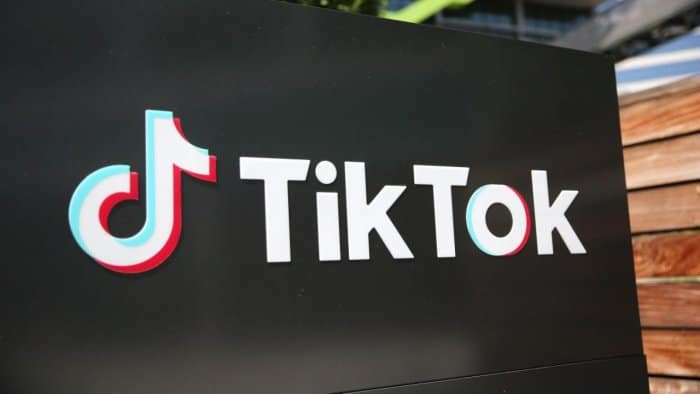Paris, France — A handful of nations are trying to clean up social media with measures including robust privacy provisions and bans aimed at minors.
Among the countries taking action is Australia, which on Thursday passed a landmark law banning children under 16 from social media, and threatening stiff fines against companies that fail to comply.
Once celebrated as a means of staying connected and informed, platforms such as X, Snapchat, TikTok and Facebook have been tarnished by cyberbullying, the spread of illegal content, and election-meddling claims.
Here we take a look at various attempts by other countries to regulate the wild west of social media for young people.
EU keeps France waiting
In June 2023 France passed a law requiring social media platforms to check the age of users and obtain parental consent for those under 15 years of age.
Under the law, if social networks fail to meet these terms they will be fined up to one percent of their global turnover.
However, more than a year later the law has not come into force as the European Commission has yet to check it conforms with EU law.
Norway and Spain
In Norway, the minimum age for accessing social networks is set at 13.
But more than half of nine-year-olds, and the overwhelming majority of 12-year-olds, are on social networks, research shows.
In light of this failure to apply the current rules, the government wants to set a minimum age of 15 and is looking for an effective way to implement it.
Spain also presented a bill in June to ban access to social media platforms for under-16s, but it has not yet clarified the process of age verification, and no date has been set for the examination of the text.
‘Cinderella’ in South Korea
In 2011 South Korea adopted what was known as the “Cinderella” law, which banned under-15s from playing online games between midnight and 6.00 am, a move in part aimed at curbing tiredness in school.
But a decade later the government reversed the decision, replacing it with a “choice permit” system allowing parents to set approved playing times.
Only a tiny fraction have ever used the system.
In August this year lawmakers proposed a bill aimed at regulating use of social media by under-16s.
In response, more than a dozen youth organizations slammed the bill as a discriminatory attempt to control young people similar to the “Cinderella” law.
China’s iron fist –
In authoritarian regimes, banning access to social networks for the youngest — or indeed any other category of the population — poses less problems as the internet is already tightly controlled by the state.
A case in point is China, which has introduced restricted access measures for minors since 2021.
Users under 14 can spend no more than 40 minutes each day on Douyin, the Chinese version of TikTok, and the online gaming time of minors is also limited.








